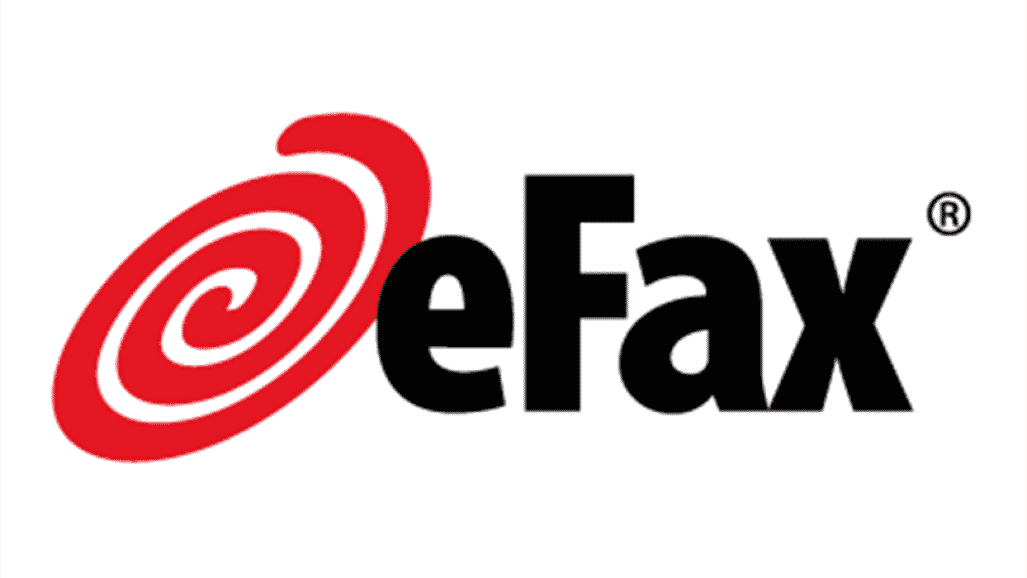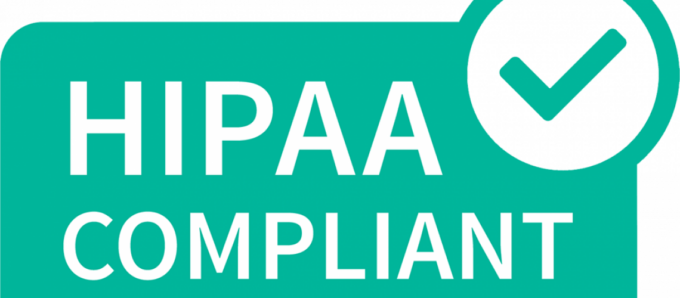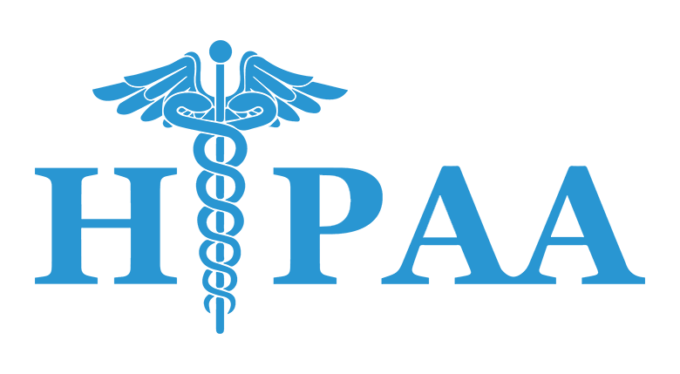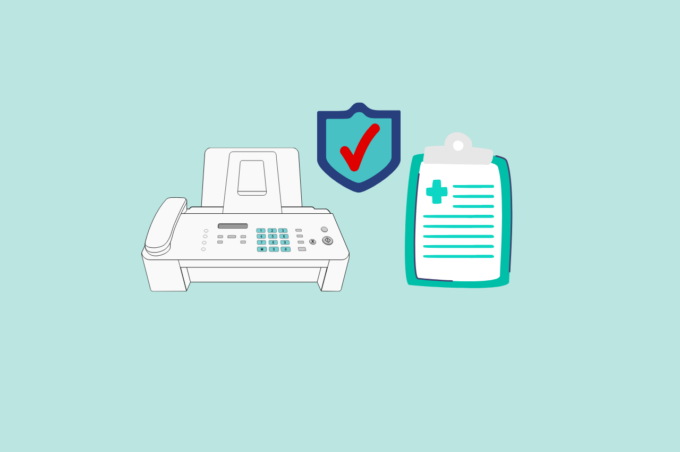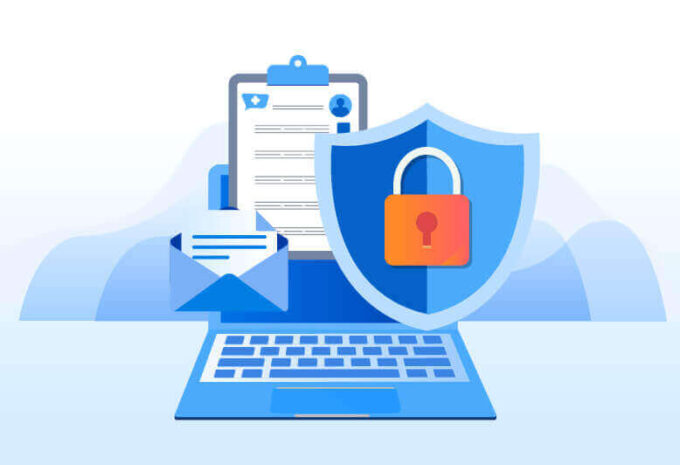The Health Insurance Portability and Accountability Act (HIPAA) sets the benchmark for protecting and securing patient data. Compliance under HIPAA encompasses all related organizations and partnerships (including providers of medical assistance, financing, and deployments) and business associates (those who have access to patient information and assist with those activities).
To achieve HIPAA eFax Compliance, organizations that interact with confidential health records must put in place and adhere to physical, network, and methodical security protocols.
All of these technological techniques boost productivity and mobility, but they also significantly raise security threats for healthcare data. Private contractors and all other associated business partners must likewise comply, as most other companies.
The general data protection regulation enables regulated institutions to embrace innovative technology to enhance the effectiveness and quality of medical care while still safeguarding the anonymity of patients’ health records. By concept, the HIPAA Privacy rule is adaptable to support covered business policies and technology that is appropriate for management design and cyber attacks.
What is Protected Health Information?
- Source: medcitynews.com
Any representation of personal data that may be used to distinguish a client or consumer of a HIPAA-regulated organization is protected health information. Names, medical records, mobile numbers home addresses, personal identification numbers, financial information, and facial images are some instances of PHI that are frequently used.
PHI that is transferred, saved, or accessed online and is referred to as “ePHI.” Likewise, it is subject to HIPAA regulation. The HIPAA Security Rule, an amendment to the HIPAA law passed to take into account medical technology advancements and ePHI regulation.
Which Organizations Should be HIPAA compliant?
- Source: atlantic.net
Two categories of enterprises must adhere to HIPAA regulations:
- Covered Entities: Any company that acquires, produces, or distributes PHI online. Medical professionals, financial institutions, and insurers are examples of organizations that fall within the definition of covered entities. Confidentiality covers the following categories of people and businesses:
- Healthcare providers: Any healthcare professional who electronically communicates patient information in conjunction with specific transactions, regardless of the size of their practice.
- Insurers for long-term care (excluding nursing home fixed-indemnity policies)
- Plans for collective health funded by employers
- Health coverage provided by the government and churches
- Medical financial services companies: Organizations that convert nontraditional data or format received from some other organization into a formal document.
Healthcare brokerages will often only get personal health information when they’re acting as a registered agent for a health plan or healthcare provider and offering these management solutions.Business Associates: Any company that contacts PHI while working for a covered entity under a contract. Given the number of different service companies that can acquire, distribute, or manage client information. There’s many forms of business partners, including payment processors, brokers, tech vendors, fax shredding businesses, primary storage vendors, cloud-based services, and email service providers. All these are under regulation by HIPAA compliance regulations.
Disclosures: An organization that formed and manages the corporate medical coverage alone is not included if the plan has no more than 50 members.
How do HIPAA Rules work?
- Source: fibernet.com
Several HIPAA Rules make up the HIPAA rule book. Its been more than 20 years since HIPAA was initially implemented in 1996.
These are some of the HIPAA Rules you ought to be knowledgeable of:
HIPAA Security Rule: The HIPAA Security Rule establishes requirements for the safe storage, processing, and transfer of ePHI. Due to the possible sharing of ePHI, both covered organizations and strategic partners are subject to the HIPAA Security Rule.
The Protocol specifies requirements for the confidentiality and safety of ePHI, encompassing managerial, technological, and administrative measures that must be in place in every healthcare institution. HIPAA Policies and Procedures for the organization must include documentation of the regulation’s details. Regular staff training on these policies and procedures must be attested in writing.
HIPAA Privacy Rule: The HIPAA Privacy Regulation underlines the state guidelines for patients’ PHI rights. Agents are not covered entities and are not subject to the HIPAA Privacy Rule. The HIPAA client privacy regulation includes highlights multiple standards, including those relating to patients’ user privileges to caregivers, Disclosure HIPAA release documents and Statements of Confidentiality must contain, among others.
The organization’s HIPAA Policies and Procedures must document the regulatory requirements. Annual training on these guidelines and policies is required for all workers, with written confirmation of completion.
According to the rule, highly particular care, research, or legal circumstances are the only ones in which covered companies may share private health information. These circumstances are quite limited in and of themselves capable of being construed in a legal setting.
HIPAA Omnibus Rule: an extension towards the HIPAA rule in order to extend its coverage to key stakeholders as well as covered companies. The Omnibus regulation for HIPAA highlights the standards for Close Associate Partnerships and demands that Business partnerships are established under HIPAA compliance. Before any PHI or ePHI can be transmitted or exchanged, a covered entity and a business associate must sign a business associate agreement.
HIPAA Incident Reporting Rule: In the occurrence of a hack or security breach of electronic private health records, encompassed organizations and business partners are required to remain compliant with the HIPAA Breach Notification protocol.
Considering the severity of the intrusion, the incident reporting regulation highlights multiple breach reporting protocols. Regardless of their magnitude, organizations must report violations, although the reporting procedures vary depending on the nature of the breach.
Why Does My Business Need HIPAA eFax?
- Source: ifax.com
As technology affects every aspect of our lives, businesses in all industries have developed strategies to operate more quickly and effectively. The medical field has snowballed as a result of contemporary innovations.
It’s common to think that applying the Checks and balances of the Privacy Rule is all that is necessary for businesses to become HIPAA compliant, however, this isn’t always the case. For instance, since most PHI is currently kept on electronic systems, IT teams must think carefully about how to react when people exercise their right to view, update, and export PHI.
Even if your business facility is already streamlined and secured to simply process patient data, it’s probable that users will also need to capture faxes to save them on soft copy along with other papers.
The document will then be destroyed or, worse still, kept for 7 years in full compliance with a particular tax requirement. To store faxes efficiently and inexpensively with a simple click, always obtain them in digital form. You get to save resources and your operation will run more smoothly as a result.
You IT divisions may therefore be in charge of deciding what information is kept in an assigned record storage server, what occurs to data that is omitted from the predefined dataset, how data obtained verbally or on a document is incorporated toward the specified record set, as well as how the process for auditing of leaked documents is managed – all Contained In the privacy issues.
Your business could be required to remain involved in the due diligence process because they are probably involved in the transfer of ePHI to or from Business Associates and will probably be the first point of contact in the event of a Business Associate security incident.
As a result, they may need to know who will adhere to the breach reporting requirements.
Becoming digital has enabled a variety of businesses, including hospitals, physicians’ and other service offices, to work more quickly. Medical practitioners are now able to visit multiple patients and store freely available data thanks to the migration of mobile payments and a variety of other operational and therapeutically oriented systems to digital devices.
- Source: pinterest.com
Knowing your compliance responsibilities including those of your strategic partners is important since failing to comply with HIPAA rules is not a valid justification for disciplinary procedures. Even if the majority of sanctions don’t end in financial penalties, following a corrective action strategy (when resolving a breach) will have an additional expense and will interfere with business operations.
Keep in mind that any faxes sent by your company that include electronically protected health information (ePHI) are completely secure. The law mandates that, in addition to safeguarding client confidentiality and your business’s image.
By enabling you to digitally arrange and upload documents immediately from your inbox instead of having to maintain extensive documentation or scanning physical copies for digital proof, HIPAA-fax makes fax storage simpler. You may also receive a list of incoming and outgoing faxes from your fax router.
You don’t have to wait for the fax to load or transfer as you stand by it. Any gadget can digitally post outbound documents, and your inbox will receive faxes right away. Thus, you may smile at the thought that you won’t have to replace your toner, have sending problems, or see unpleasant fax spam.
Conventional faxing also includes several more products that may be purchased separately. In addition to purchasing a hardware fax, you also need to keep up with the costs of gateway software, paper, and IT assistance. A technology like HIPAA-compliant eFax can remove these costs by conveying faxes via mail portal software.

